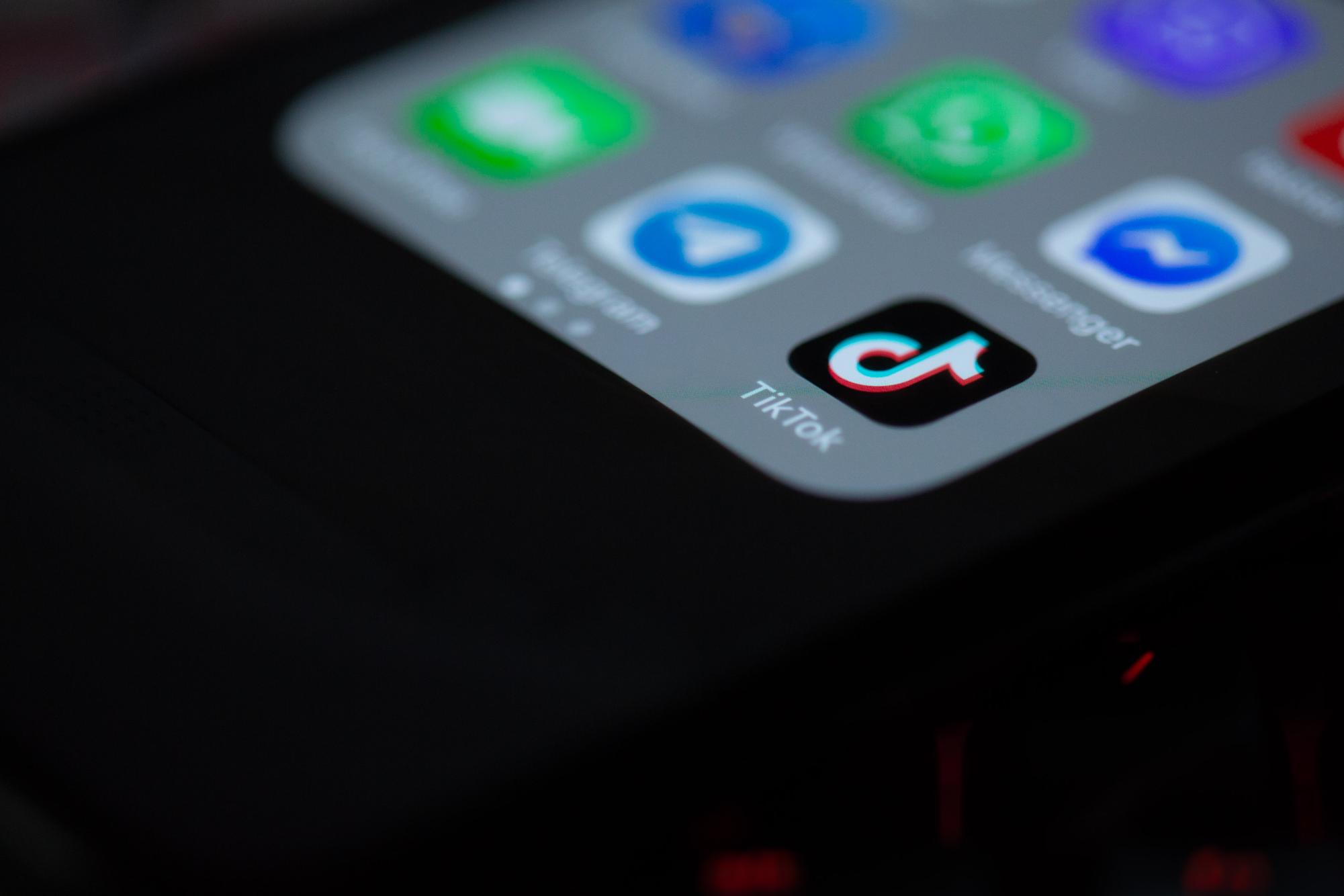TikTok, an app owned by the Chinese company ByteDance, has been at the center of controversy in the United States for the past four years due to concerns about user data potentially being accessed by the Chinese government. This has resulted in tensions between the U.S. and the company. On Jan. 18, TikTok was temporarily banned in the U.S., leaving millions of users in suspense before it was quickly restored. It later returned to the App Store and Google Play Store in February.
This conflict over TikTok’s operations first began in August 2020, when President Donald Trump signed an executive order to ban transactions with ByteDance. A month later, Trump’s administration sought to force a sale of TikTok’s U.S. operations to a U.S.-based company. This order was later blocked by a U.S. judge.
Following the transition to former President Joe Biden’s administration, the Senate passed the bill, Protecting Americans from Foreign Adversary Controlled Application Act, against TikTok. This legislation, signed into law by Biden in April 2024, required ByteDance to divest TikTok’s U.S. operations within 270 days to avoid a nationwide ban. In response, TikTok sued the U.S. government, challenging the constitutionality of the ban and arguing the app and its American users were having their First Amendment rights violated. The company has consistently denied that it poses a security threat, asserting that its data stored in the U.S. complies with all local laws. The Supreme Court upheld the bill, so rather than selling their operations by the Jan. 19 deadline, ByteDance shut down the app a day prior. When President Trump came into office two days later, he issued an executive order, extending the deadline by 75 days, allowing for further negotiations toward a potential sale. He changed his stance for a full U.S. takeover from his first term and is currently in the process of achieving a 50-50 ownership arrangement between ByteDance and a U.S. company.
On Sept. 25, Trump signed an executive order that approved the sale of TikTok’s U.S. operations to an American investor group. The deal valued TikTok U.S. at about $14 billion, according to Vice President JD Vance. A week prior, President Trump announced that China’s President Xi Jinping gave his approval for a TikTok deal, which allowed an association of U.S. investors to control the platform. Additionally, ByteDance stated publicly that it would ensure the platform remains available to American users. These investors are expected to hold an 80% stake, and the remaining shares would belong to Chinese stakeholders. The new entity’s board would predominantly consist of U.S. members, with one member appointed by the U.S. government. Reports from Bloomberg indicate that when the deal is finalized, TikTok will be discontinued in the U.S., and users will need to transition to a new platform. This new application aims to preserve Tiktok’s existing functionality and features users love, while also complying with U.S. security regulations. However, the specifics of this platform remain largely unclear, including its features and how it will differ from the original app.
An anonymous student shared their thoughts on this new development.
“If people were to move to a new platform, then they would try to recreate the application as best as they can,” they said. “People who are used to TikTok’s platform will try to imitate how they interacted on TikTok. Every social media app is a little bit unique, so there’s no way that the two can be exactly the same, but users will try to make it similar.”
Additional reporting done by Alyssa Wang.


